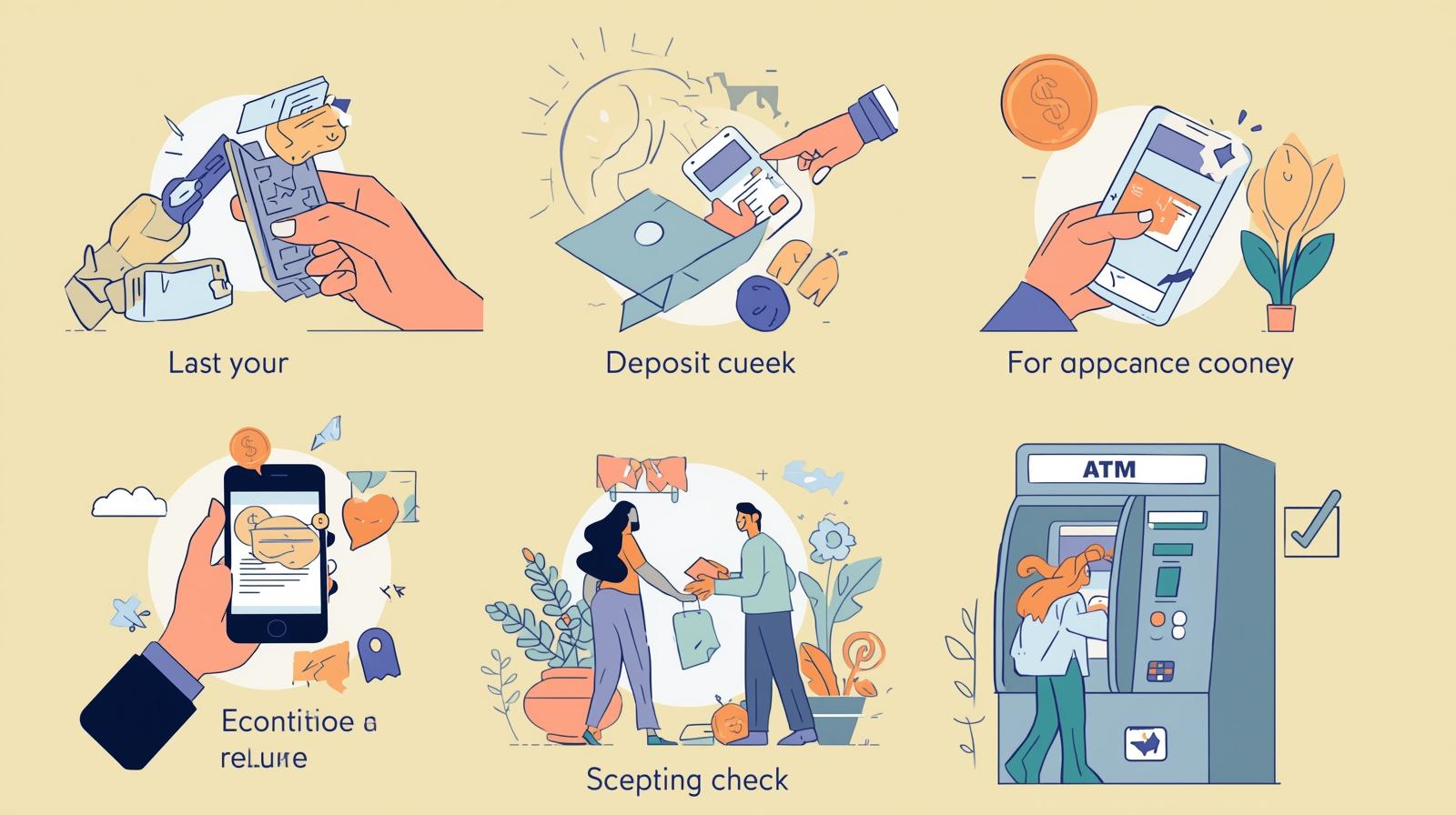Starting a business in Australia isn’t for the faint-hearted. There’s the paperwork. The tax. The competition. And then there’s the thing nobody really wants to think about but probably should — business insurance. It doesn’t exactly scream “exciting” when you’re dreaming about building your brand, but get it wrong and the fallout can hit harder than you expect.
The funny part? Most entrepreneurs don’t ignore insurance completely. They just choose the wrong type, or they buy something too generic, or they never update it once their business starts growing. And that’s where things unravel.
Let’s walk through some of the most common mistakes Aussie business owners make with business insurance. Maybe you’ll spot one you’ve already made.
1. Treating Business Insurance Like a Box to Tick
A lot of people get business insurance just because their landlord, client, or industry requires it. Fair enough — you don’t want to lose a contract over a missing policy. But if you’re only ticking the box, you’re probably underinsured. Business insurance isn’t one-size-fits-all. A freelance designer doesn’t face the same risks as a café owner in Sydney. Yet many end up with the exact same generic cover. And when something goes wrong, they realise too late that the fine print doesn’t have their back.
2. Forgetting to Review Policies as the Business Evolves
Businesses don’t sit still. You grow, hire staff, open new locations, buy equipment, maybe even branch into e-commerce. But your policy? It might be exactly the same one you bought when you were a one-person show. That’s a recipe for disaster. Business insurance should grow with you. Not reviewing it is like trying to squeeze into an old pair of jeans — eventually, something’s going to rip.
3. Underestimating Cyber Risks
Here’s one that still surprises people. A café in Melbourne gets hacked. A boutique clothing store loses customer card details. A tradie’s laptop gets infected and shuts down invoicing for weeks. This isn’t sci-fi — it’s everyday reality. Yet many business owners still don’t consider cyber insurance. The mindset is, “I’m too small. Hackers won’t bother with me.” Truth is, small businesses are often the easiest targets. Business insurance that ignores cyber risks is basically a half-built umbrella in a storm.
4. Chasing the Cheapest Policy
We get it. Running a business in Australia isn’t cheap. Rent, wages, taxes — it all adds up. So when it comes to insurance, some entrepreneurs go straight for the cheapest premium they can find. It feels smart in the moment, like you’re cutting costs. But cheap business insurance is often cheap for a reason: lower coverage limits, more exclusions, slower claims handling. Saving a few dollars now can cost you thousands later.
5. Not Understanding the Jargon
Insurance documents can feel like another language. Indemnity. Exclusions. Sub-limits. The fine print isn’t thrilling reading material, but it’s crucial. Too many business owners nod along, sign, and hope for the best. Then, when a claim happens, they’re blindsided by what’s not covered. Taking the time to ask questions — even the “dumb” ones — is far smarter than pretending to understand. Business insurance isn’t meant to be a riddle.
6. Ignoring Industry-Specific Needs
Think about it. A construction company in Brisbane has very different risks from a marketing agency in Perth. Yet both might only buy public liability insurance and call it a day. That’s not enough. If your industry involves specialised tools, professional advice, physical labour, or handling sensitive data, you probably need something extra. Professional indemnity. Equipment cover. Product liability. Tailored business insurance means looking at what could realistically go wrong in your specific world, not just what’s common across the board.
7. Waiting Until After Something Goes Wrong
This one hurts. A fire, a break-in, a customer lawsuit — and suddenly the owner rushes out to buy business insurance. By then, the damage is already done. Insurance is about preparing for the “what if,” not patching up after. Too many small business owners see it as optional until they’re forced into reality. And honestly? That’s usually when the financial hit is hardest.
So, Where Does That Leave You?
If you’ve made one of these mistakes, you’re not alone. Most business owners in Australia learn the hard way. The good news is you don’t have to. Business insurance doesn’t have to be confusing, or boring, or just another expense to grumble about. Done right, it’s peace of mind. It’s the safety net that lets you focus on building your dream without constantly worrying about the “what ifs.”
And maybe that’s the biggest shift in thinking. Stop seeing business insurance as a grudge purchase and start seeing it as part of your strategy. Because when you frame it like that, it’s not just protection — it’s freedom.
A Quick Recap
- Don’t buy a generic, cookie-cutter policy.
- Update as you grow.
- Don’t skip cyber cover.
- Avoid bargain-basement premiums.
- Learn the lingo, or ask someone to explain it.
- Cover your specific industry risks.
- Don’t wait until disaster strikes.
Sounds simple, but in practice? These are the mistakes that sink businesses every year.
Final Thought
At the end of the day, your business is probably one of your biggest investments. You’ve poured time, money, and sleepless nights into it. Protecting it properly with Biima Insurance isn’t just smart — it’s necessary. And if you’re still thinking, “Eh, I’ll get around to it later”… maybe later should be today. Business insurance might not be glamorous, but neither is bankruptcy.





